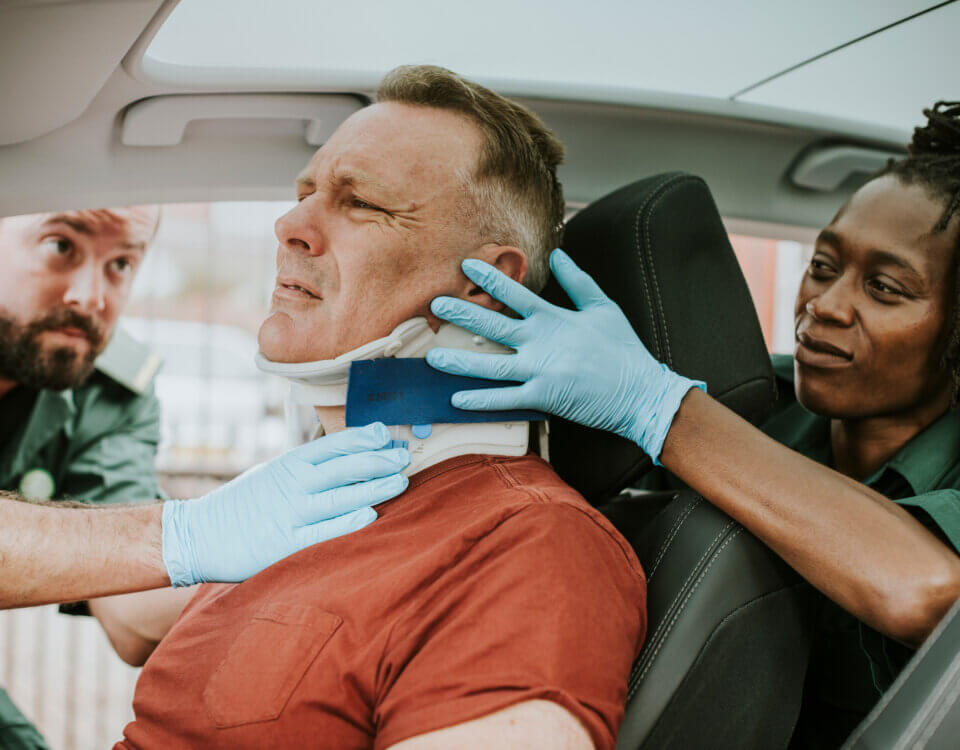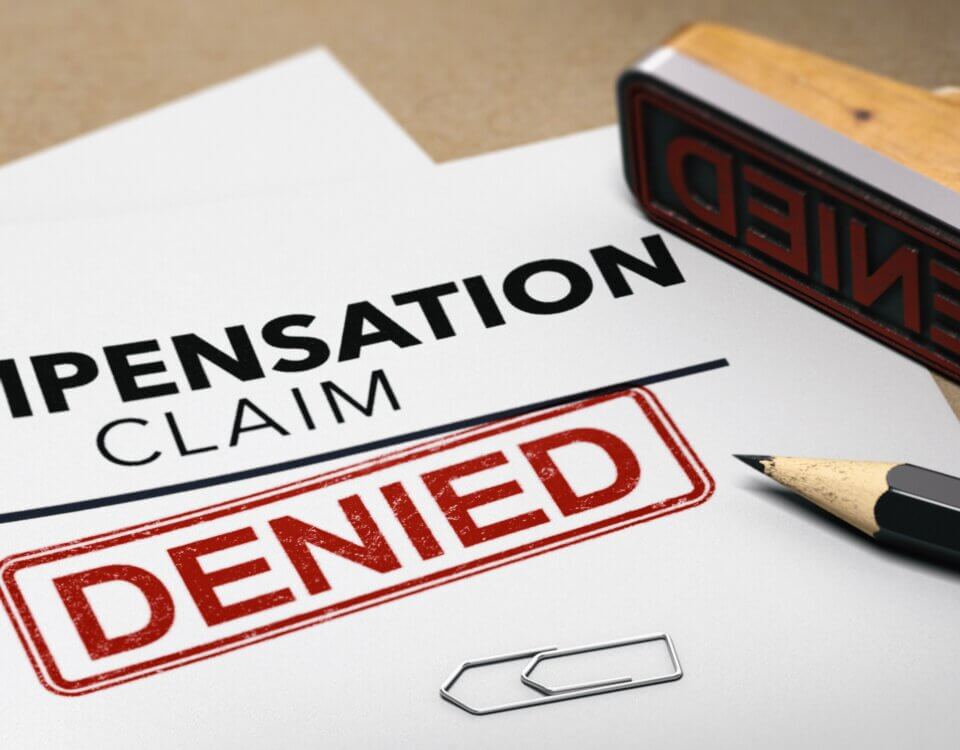After a car accident, it’s natural to want to cooperate when an insurance adjuster calls. However, speaking directly with an adjuster—especially from the other driver’s insurance company—can seriously harm your case. Insurance adjusters are trained to protect their company’s financial interests, not yours, and even seemingly harmless statements can be used against you later.
At Hillstone Law, we strongly recommend that accident victims avoid speaking to insurance adjusters without legal representation. Here’s why.
How Insurance Companies Handle Personal Injury Claims
When an accident is reported, the insurance company launches an investigation to determine liability. They assign the case to an insurance adjuster, whose job is to:
- Minimize the company’s financial responsibility
- Deny or reduce claims whenever possible
- Secure statements or evidence that weaken your case
- Settle quickly for the lowest amount they think you’ll accept
Even if an adjuster seems polite and sympathetic, their loyalty lies with their employer—not with you.
The Risks of Talking to an Insurance Adjuster
Speaking to an adjuster without legal guidance can put your claim at risk. Common tactics they use include:
- Requesting a Recorded Statement: Adjusters often ask victims to give recorded statements. Even if you’re truthful, your words may later be taken out of context or compared with testimony to question your credibility.
- Asking Tricky Questions: Adjusters frame questions to elicit answers that suggest you share fault for the accident.
- Requesting Medical Authorizations: They may ask you to sign broad medical release forms, giving them access to your full medical history—including old injuries they can use to argue your current injuries weren’t caused by the accident.
- Offering a Quick Settlement: Early offers are usually far lower than what your case is truly worth and are meant to close the claim before you know the full extent of your injuries.
These tactics are designed to save the insurance company money—not to help you recover.
When You May Have to Cooperate
In some situations, you may be required to communicate with an insurance adjuster:
- Your Own Insurance Company: If you live in a no-fault state or are filing a claim under your own uninsured/underinsured motorist coverage, your policy may require cooperation.
- Contractual Obligations: Your policy may mandate that you provide certain information after an accident.
Even then, it’s best to have a lawyer guide you so you don’t inadvertently say something that could harm your claim.
How a Personal Injury Attorney Can Help
Instead of risking your case by dealing with an adjuster directly, let an experienced attorney handle all communications. At Hillstone Law, we will:
- Take over conversations with insurance companies so you don’t have to
- Protect you from making statements that could be used against you
- Review and limit medical record requests
- Accurately calculate the value of your claim, including future medical costs and lost income
- Negotiate aggressively to secure the maximum compensation possible
- Prepare to take your case to court if the insurer refuses to offer a fair settlement
Protect Your Rights—Contact Hillstone Law Today
Talking to an insurance adjuster on your own can jeopardize your right to fair compensation. If you’ve been injured in a California car accident, don’t face the insurance companies alone. Contact Hillstone Law today for a free consultation. We’ll protect your rights, handle the insurance companies, and fight for the compensation you deserve.









